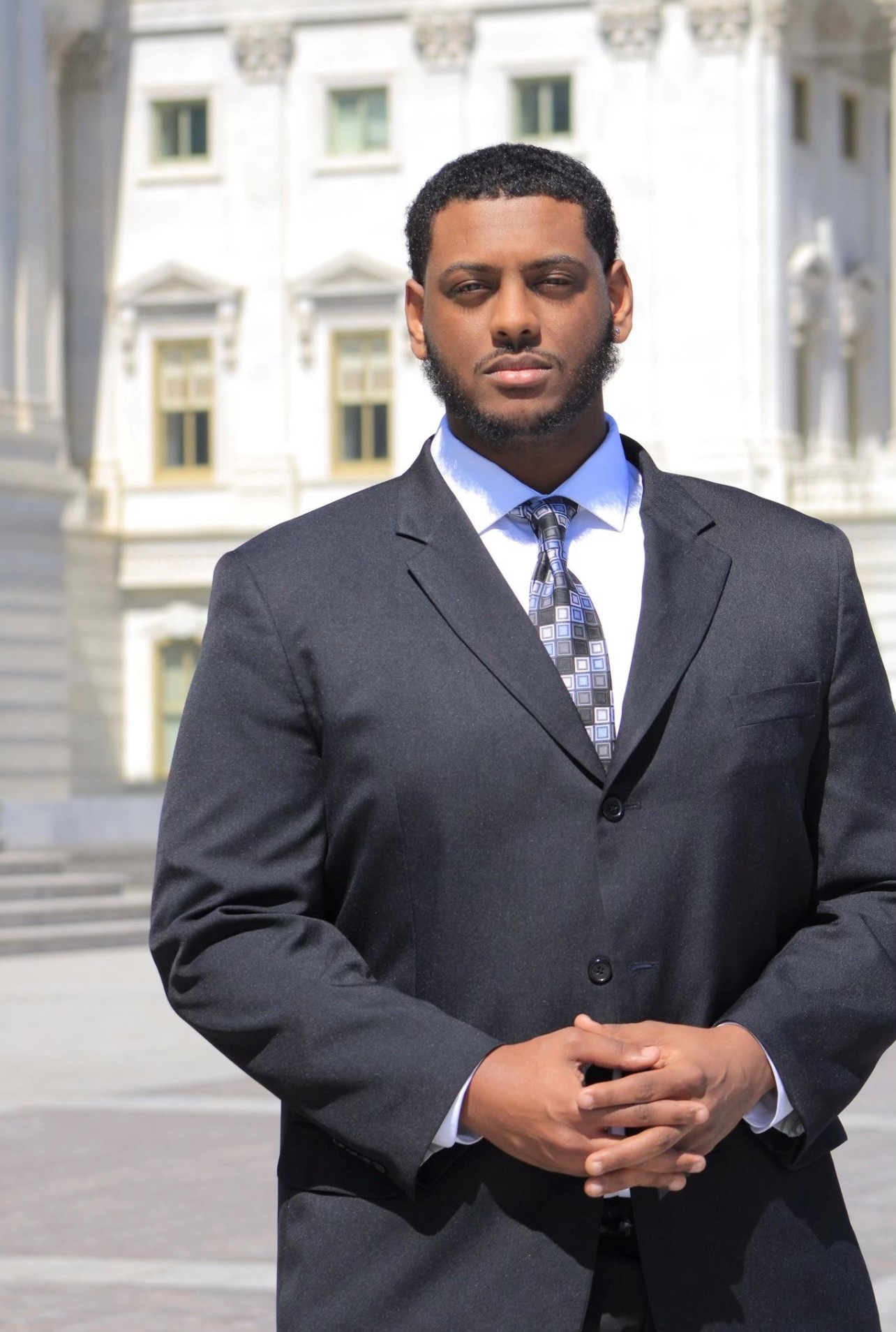
Emory alumnus Daniel Gebrekidan has been named a 2023 Thomas Pickering Fellow. He is pursuing a diplomatic career and a master’s degree in international relations.
The highly competitive program funds two years of graduate study, followed by a five-year commitment to the U.S. Foreign Service. The program also includes two summer internships, mentoring within the Foreign Service and other professional development opportunities.
Gebrekidan plans to pursue a master’s degree in international relations at the Johns Hopkins University campus in Bologna, Italy. He expects to make a career in diplomacy, a path he began at Emory when looking at how he could best affect change in his parents’ native Eritrea and across the globe.
“In my first two years of undergrad, I was very fixed on becoming a lawyer, with the idea that conflict could be prevented through very sound rule of law,” says Gebrekidan, who graduated with a degree in international studies.
“As my time at Emory progressed, a new war began in the Horn of Africa,” he adds, referring to the Tigray War between the Ethiopian federal government and Eritrea on one side (though historically adversaries) and the Tigray People’s Liberation Front on the other side.
“I saw how the law is obsolete without people willing to sympathize with each other,” Gebrekidan says. “That’s what diplomacy does.”
Gebrekidan possessed those skills naturally and nurtured them in coursework and leadership roles with campus and community groups, says Sam Cherribi, a teaching professor in the Departments of Middle Eastern Studies and Economics.
Cherribi was so impressed after meeting Gebrekidan in his course on the economics of violence that he asked Gebrekidan to serve as his teaching assistant. The pair also worked together to meet with members of the Eritrean and Ethiopian communities in metro Atlanta.
“Daniel is reflective, not reflexive,” Cherribi says. “He consciously avoids hasty judgments and takes the time to deeply understand issues. His commitment to fostering connections and facilitating understanding makes him a true bridge builder. Daniel’s natural predisposition to comprehend the complexities of the world is truly commendable.”
That skill is even more impressive considering Gebrekidan has never left the United States. Born in California to parents who separately fled Eritrea’s wars of independence and subsequent war with Ethiopia in the 1980s and 1990s, he grew up in Gwinnett County, not far from Emory’s Atlanta campus.
He transferred to Emory during his sophomore year and immediately became active with the university’s chapter of Amnesty International, the African Student Union and the Black pre-law society.
Gebrekidan was still considering becoming a lawyer when he took the intermediate international politics course from Danielle Jung, an associate professor of political science with a specialty in international cooperation and terrorist/insurgent organizations.
His thoughtfulness when engaging with the material and the class stood out to Jung, who recommended him for an undergraduate research role coding transnational peace treaties.
Gebrekidan spent a year working with Marcella Morris, who earned her PhD in political science from Emory in May, breaking down legal texts to understand how peace agreements are similar or different when from interim or permanent institutions.
“He thinks about the world in such a nuanced way,” Jung says. “He will be tremendous at everything he ends up doing.”
Gebrekidan was serving as what Morris calls “a helpful sparring partner” when he first heard of the Pickering program from Roda Kesete, co-founder of the Eritrean-Ethiopian Student Union who had worked for the State Department for two summers before becoming a Schwarzman Scholar after graduating in 2021.
Gebrekidan began his Pickering application while serving as co-president of the Eritrean-Ethiopian Student Union during his senior year.
Battling imposter syndrome slowed him down, but he took a leap of faith and applied after seeing the price tag of graduate school. He also moved to Washington, D.C., and began a management analyst job to become a stronger candidate for the award.
Gebrekidan will begin graduate studies this fall in Italy — the onetime colonial ruler of his parents’ homeland. He hopes his decisions will inspire other Emory students the way he felt inspired by his peers and professors.
“I didn’t know how I could compete, when there are people objectively better, with other awards and fellowships, but I did it because I had nothing to lose by trying,” Gebrekidan says. “If only I had come to that conclusion before, I would have saved myself a year.
“That’s just practical, just like diplomacy is the most practical approach we have as human beings to prevent conflict and war,” he adds. “It is no easy task, and there is no one formula, but I get to feel like I am dedicating my life to a common good.”
